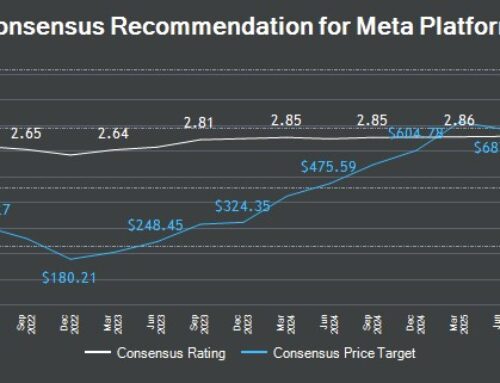Hemp-derived THC Products are on a fast Rise
July 17, 2024
By Jake Amate – SWI Editorial Team
San Diego – CA, July 17, 2024
Hemp-derived THC products are on a blindingly fast rise. These Hemp products, including oils, edibles, topicals, and even canned drinks, are derived from hemp plants that contain less than 0.3% THC, the psychoactive compound found in marijuana. These products offer many of the same therapeutic benefits as marijuana, such as pain relief, stress reduction, and improved sleep, but without the “HIGH” associated with traditional cannabis products.
One of the most significant advantages of hemp-derived THC products is their legal status. While marijuana remains illegal under Federal law in the United States, hemp-derived products are legal under the 2018 Farm Bill. This means that producers can ship the product across state lines, and consumers can purchase hemp-derived THC products online or in stores without restrictions or fear of legal repercussions, making them easier and more widely accessible to consumers than traditional cannabis products.
In addition, hemp-derived THC products are often cheaper than their marijuana counterparts, as hemp plants are generally significantly less expensive to cultivate and process. This lower cost could make hemp-derived products more appealing and competitive to consumers, especially those who are looking for affordable alternatives to traditional cannabis products.
Naturally, this poses a significant threat to the producers in the regulated marijuana market and the traditional cannabis distribution and dispensary model, as dispensaries may struggle to compete with the convenience and affordability of hemp-derived products. As more states and countries legalize marijuana for both medical and recreational use, the market for cannabis products has been booming. However, the broad introduction and availability of hemp-derived THC products have the potential to disrupt this market in a significant way. As more consumers turn to these products for their therapeutic benefits, the traditional cannabis industry may need to evolve to remain competitive in an increasingly crowded market.
Additionally, the increasing popularity of hemp-derived THC products could also lead to a decrease in demand for marijuana, potentially impacting the revenues of cannabis dispensaries and the overall profitability of the regulated marijuana market. This could force dispensaries to adapt their business models or face the possibility of closure.
Traditional cannabis companies, producers, distributors, and retailers should be prepared for this new wave (a wave that has been slowly growing larger for some time) if they want to compete with this only loosely regulated Hemp market. There will always be the “hardcore” group of devoted cannabis-only producers and consumers. Still, others might be happy to get similar results to what they are seeking, with less expensive products and easier access. There is a place for both. Good management teams should embrace the opportunity to combine both markets; after all, it is all the same (nearly the same) plant family and cultivation process.
One of the companies we have been covering in our research, Livewire Ergogenics, Inc. (OTC: LVVV), manages a large producer of traditional sun-grown cannabis products in California. The company has been exploring this opportunity for some time and is close to launching its first entry into this market. For more information about LiveWire Ergogenics, visit www.livewireergogenics.com or at X at @livewireLVVV.
You will hear it from us first and be the first to know
Search
RECENT PRESS RELEASES
Related Post





